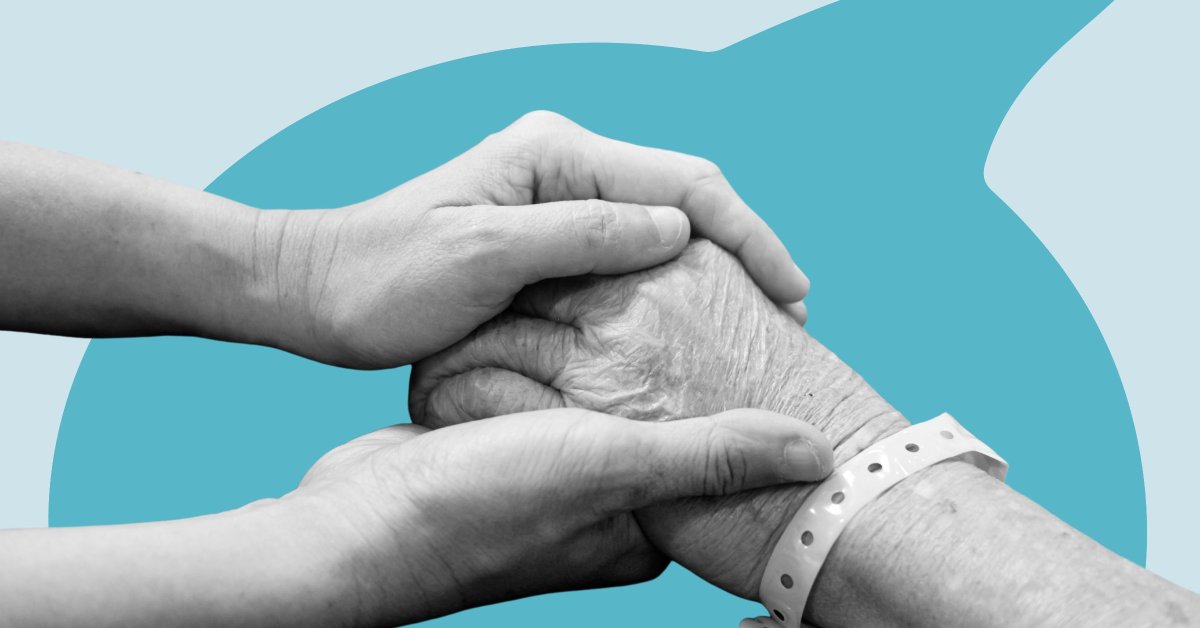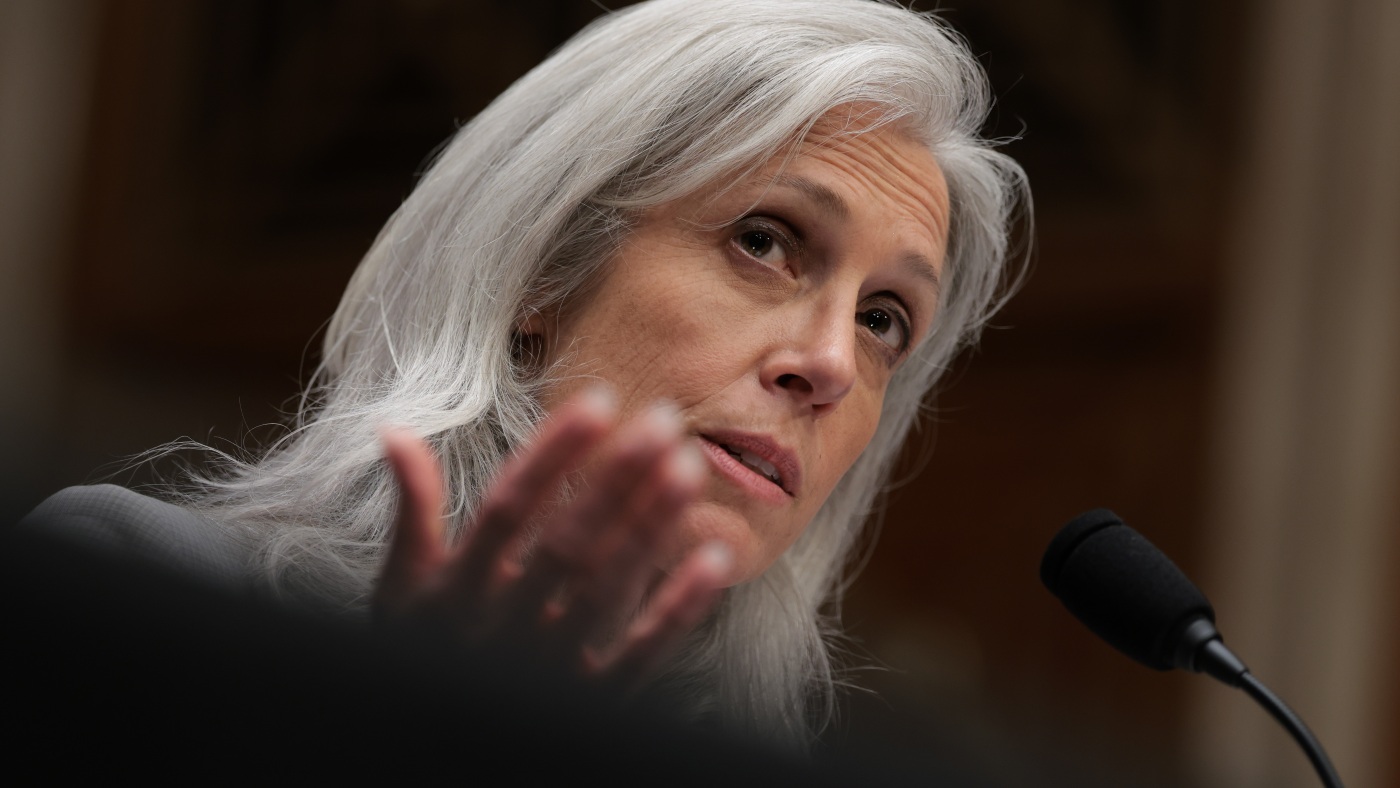Sensitive Communication: The Right And Wrong Things To Say To Someone With Cancer

Welcome to your ultimate source for breaking news, trending updates, and in-depth stories from around the world. Whether it's politics, technology, entertainment, sports, or lifestyle, we bring you real-time updates that keep you informed and ahead of the curve.
Our team works tirelessly to ensure you never miss a moment. From the latest developments in global events to the most talked-about topics on social media, our news platform is designed to deliver accurate and timely information, all in one place.
Stay in the know and join thousands of readers who trust us for reliable, up-to-date content. Explore our expertly curated articles and dive deeper into the stories that matter to you. Visit Best Website now and be part of the conversation. Don't miss out on the headlines that shape our world!
Table of Contents
Sensitive Communication: Navigating Conversations with Someone Facing Cancer
The diagnosis of cancer is a life-altering event, impacting not only the patient but also their loved ones. Knowing what to say – and, perhaps more importantly, what not to say – can make a profound difference in providing comfort and support during this challenging time. This article explores the nuances of sensitive communication, offering guidance on how to offer empathy and understanding while avoiding potentially hurtful remarks.
What NOT to Say to Someone with Cancer
Before we delve into constructive communication, let's address common phrases that can unintentionally cause distress:
- "I know how you feel." Unless you've personally experienced cancer, you likely don't know how they feel. Empathy is crucial, but avoid false claims of shared experience.
- "You're so strong." While meant to be encouraging, this can place undue pressure on the individual to maintain a positive facade, potentially silencing their vulnerability.
- "Stay positive!" or "Think positive thoughts!" This minimizes the complex emotions they're experiencing and can feel dismissive of their struggles. Cancer is a serious illness, and suppressing negative feelings isn't healthy.
- "Everything happens for a reason." This statement often trivializes their suffering and offers little practical comfort.
- "At least..." statements. Any attempt to minimize their pain with a comparison ("At least it's not [worse type of cancer]") is unhelpful and insensitive.
What TO Say to Someone with Cancer: Offering Support and Encouragement
Effective communication focuses on empathy, validation, and practical support. Here's what you can say:
- "I'm so sorry to hear about your diagnosis. How are you feeling?" This simple, open-ended question shows genuine concern and allows them to share their feelings at their own pace.
- "What can I do to help?" Offer concrete assistance, such as bringing meals, running errands, providing childcare, or simply offering companionship. Don't wait for them to ask; anticipate their needs.
- "I'm here for you, no matter what." This simple statement conveys unconditional support and creates a safe space for them to share their fears and concerns.
- "I'm thinking of you." A simple text or call expressing your thoughts can make a difference.
- "Tell me more about what you're going through." This shows your willingness to listen without judgment.
Beyond Words: Showing Support Through Actions
Actions often speak louder than words. Consider these ways to demonstrate your support:
- Practical Help: Offer specific assistance like grocery shopping, transportation to appointments, or help with household chores.
- Emotional Support: Listen attentively, validate their feelings, and offer a non-judgmental space for them to express their emotions.
- Companionship: Spend quality time with them, engaging in activities they enjoy. Sometimes, simply being present is the most valuable support.
- Respect their Boundaries: Understand that their energy levels may fluctuate, and respect their need for space or quiet time.
Navigating Difficult Conversations: Resources and Further Support
Communicating with someone facing cancer requires sensitivity and understanding. For additional resources and support, consider reaching out to organizations like the American Cancer Society () or the National Cancer Institute (). These organizations offer valuable information and support for both patients and their loved ones.
Call to Action: Share this article with others to help spread awareness about sensitive communication during cancer. Let's create a supportive environment for those facing this challenging journey.

Thank you for visiting our website, your trusted source for the latest updates and in-depth coverage on Sensitive Communication: The Right And Wrong Things To Say To Someone With Cancer. We're committed to keeping you informed with timely and accurate information to meet your curiosity and needs.
If you have any questions, suggestions, or feedback, we'd love to hear from you. Your insights are valuable to us and help us improve to serve you better. Feel free to reach out through our contact page.
Don't forget to bookmark our website and check back regularly for the latest headlines and trending topics. See you next time, and thank you for being part of our growing community!
Featured Posts
-
 Taiwan President Cancels Us Transit Amid Trumps Push For Xi Jinping Meeting
Jul 29, 2025
Taiwan President Cancels Us Transit Amid Trumps Push For Xi Jinping Meeting
Jul 29, 2025 -
 Ezeiruakus Skills Shine Early Look At Cowboys Training Camp
Jul 29, 2025
Ezeiruakus Skills Shine Early Look At Cowboys Training Camp
Jul 29, 2025 -
 Linda Pedestrian Crash One Fatality One Injured In Crosswalk Collision
Jul 29, 2025
Linda Pedestrian Crash One Fatality One Injured In Crosswalk Collision
Jul 29, 2025 -
 Reflecting On Mexico Citys Anniversary Key Moments And Future Prospects
Jul 29, 2025
Reflecting On Mexico Citys Anniversary Key Moments And Future Prospects
Jul 29, 2025 -
 Mexico City 700 Years Of Indigenous Heritage
Jul 29, 2025
Mexico City 700 Years Of Indigenous Heritage
Jul 29, 2025
Latest Posts
-
 Y Oe K Atlas 2023 Ueniversite Taban Puanlari Ve Basari Siralamasi Rehberi
Jul 31, 2025
Y Oe K Atlas 2023 Ueniversite Taban Puanlari Ve Basari Siralamasi Rehberi
Jul 31, 2025 -
 Yokohama F Marinos Vs Liverpool Friendly Match Preview And Prediction
Jul 31, 2025
Yokohama F Marinos Vs Liverpool Friendly Match Preview And Prediction
Jul 31, 2025 -
 Mario Kart World Update 1 2 0 Gameplay Changes And Improvements
Jul 31, 2025
Mario Kart World Update 1 2 0 Gameplay Changes And Improvements
Jul 31, 2025 -
 Yks Tercih Danismanligi Uzmanlar Cok Yoenlue Arastirmanin Altini Ciziyor
Jul 31, 2025
Yks Tercih Danismanligi Uzmanlar Cok Yoenlue Arastirmanin Altini Ciziyor
Jul 31, 2025 -
 After Lengthy Process Senate Confirms Cdc Director
Jul 31, 2025
After Lengthy Process Senate Confirms Cdc Director
Jul 31, 2025
